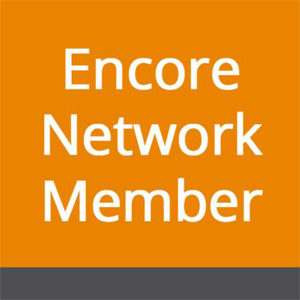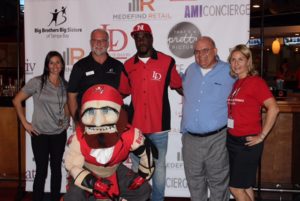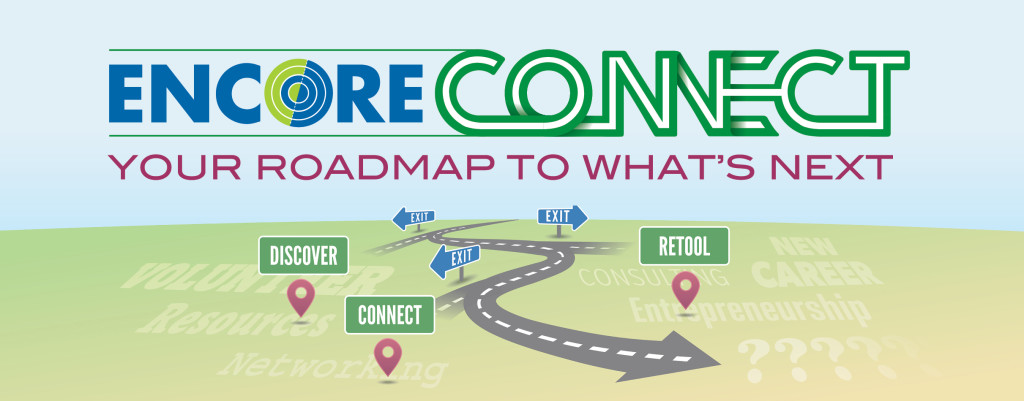According to a recent report by the Gallup organization, there are twice as many actively disengaged workers in the world as there are engaged workers who love their jobs. You can download the report here:
Can you believe that? Twice as many people hate their jobs as those who love them. But, it gets worse.
Gallup found that only 13% of workers feel engaged by their jobs. That means they feel a sense of passion for their work, a deep connection to their employer and they spend their days driving innovation and moving their company forward.
The vast majority, some 63%, are “not engaged,” meaning they are unhappy but not drastically so. In short, they’ve checked out. They sleepwalk through the day and put little energy into their work.
A full 24% of global workers are what Gallup calls “actively disengaged,” meaning they pretty much hate their jobs. They act out and undermine what their coworkers accomplish.
If you add the actively disengaged to the not engaged and you get 87% of workers worldwide who, as Gallup puts it, “are emotionally disconnected from their workplaces and less likely to be productive.” In other words, work is more often a source of frustration than one of fulfillment for nearly 90% of the world’s workers.
Chances are that when you look back on your pre-encore career, you can relate to these disengagement statistics because they reflect you! To avoid making an encore mistake, follow these three steps to finding Joy at Work.
So how do you create Joy at work?
#1 The first step to creating Joy at Work is to gain clarity of who you are. Each and every person has been created for a purpose and gifted by their Creator to fulfill their purpose. When your work is in alignment with your purpose, you’re more likely to experience Joy at Work.
This premise is supported by a survey conducted by the Harvard Business Review of more than 12,000 mostly white-collar employees across a broad range of companies and industries. “Employees are vastly more satisfied and productive when four of their core needs are met: physical, through opportunities to regularly renew and recharge at work; emotional, by feeling valued and appreciated for their contributions; mental, when they have the opportunity to focus in an absorbed way on their most important tasks and define when and where they get their work done; and spiritual, by doing more of what they do best and enjoy most, and by feeling connected to a higher purpose at work.”
People are more satisfied and productive when they do what they do best and enjoy the most, and when they are connected to a higher purpose. So, what do you do best?
Gaining clarity of your gifts, talents and skills is not as easy as it may sound. I am amazed at how many people I’ve worked with who didn’t have a clear understanding of their skills, their talents, and their God-given gifts. You were created uniquely with special talents and gifts. What are the talents and gifts you bring to the workplace?
#2 The second step to creating Joy at Work is finding a great job fit; that is, finding a good fit between who you are and what it takes to be successful in the job. When you try to fit who you naturally are into a role that requires something different to succeed, you are out of alignment. You’ll feel the pain of stress. On the other hand, the more you are naturally a great fit for your job, the more you’ll find that you enjoy it.
#3 The third element of finding joy at work is culture fit. You may be in the right job, but the job is in the wrong company. You can evaluate a cultural fit by assessing the core values – not the stated core values, but those that are the actual norms or standards for behaviors and decision making.
What are your personal core values? What are the non-negotiable guiding principles that would not violate – ever! (Or, if you did, you’d repent and make it right.) A person cannot consistently act in conflict with their values and beliefs. If you are surrounded by people who consistently behave in ways that are inconsistent with your values and beliefs, you’ll be uncomfortable. On the other hand, you’ll feel right at home with others who share your values.
When you are looking for a job, research the company’s core values. If you have a hard time finding them, chances are they aren’t an important part of the company’s culture. Are their core values stated in the job posting? Do they ask questions related to their values in the interview process? Do you see evidence of their values in the work environment? How do they respond when you ask questions related to their core values? Remember, the recruitment process is a mutual evaluation. You are looking for a good fit as much as the employer.
Putting it all together
Begin by gaining clarity of your strengths, your talents and your gifts. You were created specifically for a purpose and your talents and gifts are a part of fulfilling that purpose, at work and in life. Having a clear understanding of the value you bring to your job is the first step in finding Joy at Work because the second step is making sure that there is a good fit between you and your job.
Finally, it is essential that you are clear about what is important to you, what are the non-negotiable values and beliefs that you bring to your job and match them to the core values of the organization. Because you cannot consistently behave inconsistently with your values and beliefs, if there is a bad fit, you’ll be uncomfortable working in that environment.
It is up to you to take responsibility to make sure there is alignment between who you are and what the job requires for success and between your non-negotiable values and beliefs and the culture of the organization. By taking responsibility for your encore career, you have the power to create Joy at Work.
Lisa Huetteman is a company culture expert, executive coach, author of The Value of Core Values: Five Keys to Success through Values-Centered Leadership, and co-creator of the Find My Perfect Job formula.
www.the-black-diamond.com www.thevalueofcorevalues.com www.findmyperfectjob.net






 Here are some additional strategies to strengthen your mindset/ attitude and address the elephants in the room:
Here are some additional strategies to strengthen your mindset/ attitude and address the elephants in the room: Two weeks ago, Encore Tampa Bay hosted an event in our community called
Two weeks ago, Encore Tampa Bay hosted an event in our community called  I would like to share with you just a few great resources, programs and opportunities for those of you who are ON the fence about starting your own business.
I would like to share with you just a few great resources, programs and opportunities for those of you who are ON the fence about starting your own business.

 Our alliance with Encore Tampa Bay has made us aware that many baby boomers wish to keep working in a new style of retirement that includes earning income. But many might not have looked for a job in many years.
Our alliance with Encore Tampa Bay has made us aware that many baby boomers wish to keep working in a new style of retirement that includes earning income. But many might not have looked for a job in many years. Job boards are websites that match employers’ vacant jobs with job seekers. Most job boards use traditional job descriptions to entice prospective workers into full time employment opportunities. But we found a few that specialize in “alternate” work arrangements that boomers favor such as part-time, flexible hours, and contract work. The Bankers Life Center for a Secure Retirement’s
Job boards are websites that match employers’ vacant jobs with job seekers. Most job boards use traditional job descriptions to entice prospective workers into full time employment opportunities. But we found a few that specialize in “alternate” work arrangements that boomers favor such as part-time, flexible hours, and contract work. The Bankers Life Center for a Secure Retirement’s  How easy it is to browse for jobs on the site.
How easy it is to browse for jobs on the site. Another of our recent blog posts cites studies showing that
Another of our recent blog posts cites studies showing that